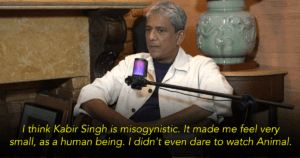I have always thought of sport as the most complete form of entertainment. Well, if not “complete”, then at least “fuller” than most others. It possesses the dreaminess of cinema operating in a real-life scenario. It’s like a violin playing in the corridors of the stock exchange.
This is what makes sport so easy to love and so difficult to write about. If you’re not covering a specific event, sometimes even if you are, it becomes tough to put into words the essence of the issue in its entirety.
So, I empathise with the writers of sports movies. They are trusted with the uphill task of telling a story that is strong enough to stand on its feet even without a rousing climax. Except, a rousing climax is pretty much a necessity – unless it is not (Mukkabaaz, for instance, didn’t need one).
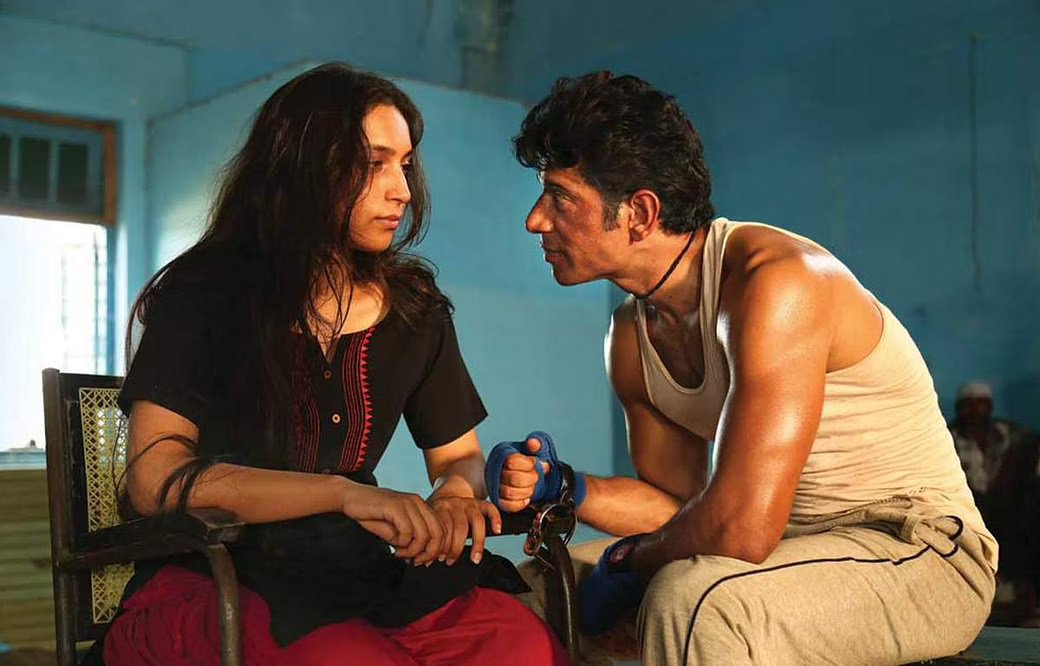
Now, that being acknowledged, one would assume that, at this point, the Hindi film industry would have come around to it. Writing wasn’t meant to be easy anyway.
It hasn’t.
Bollywood has been taking the wrong turns with sports films for so long, that I rarely get excited about new projects. This got me thinking about where exactly it falls short, and there are a few answers to that but the most important is – the failure to produce nuance.
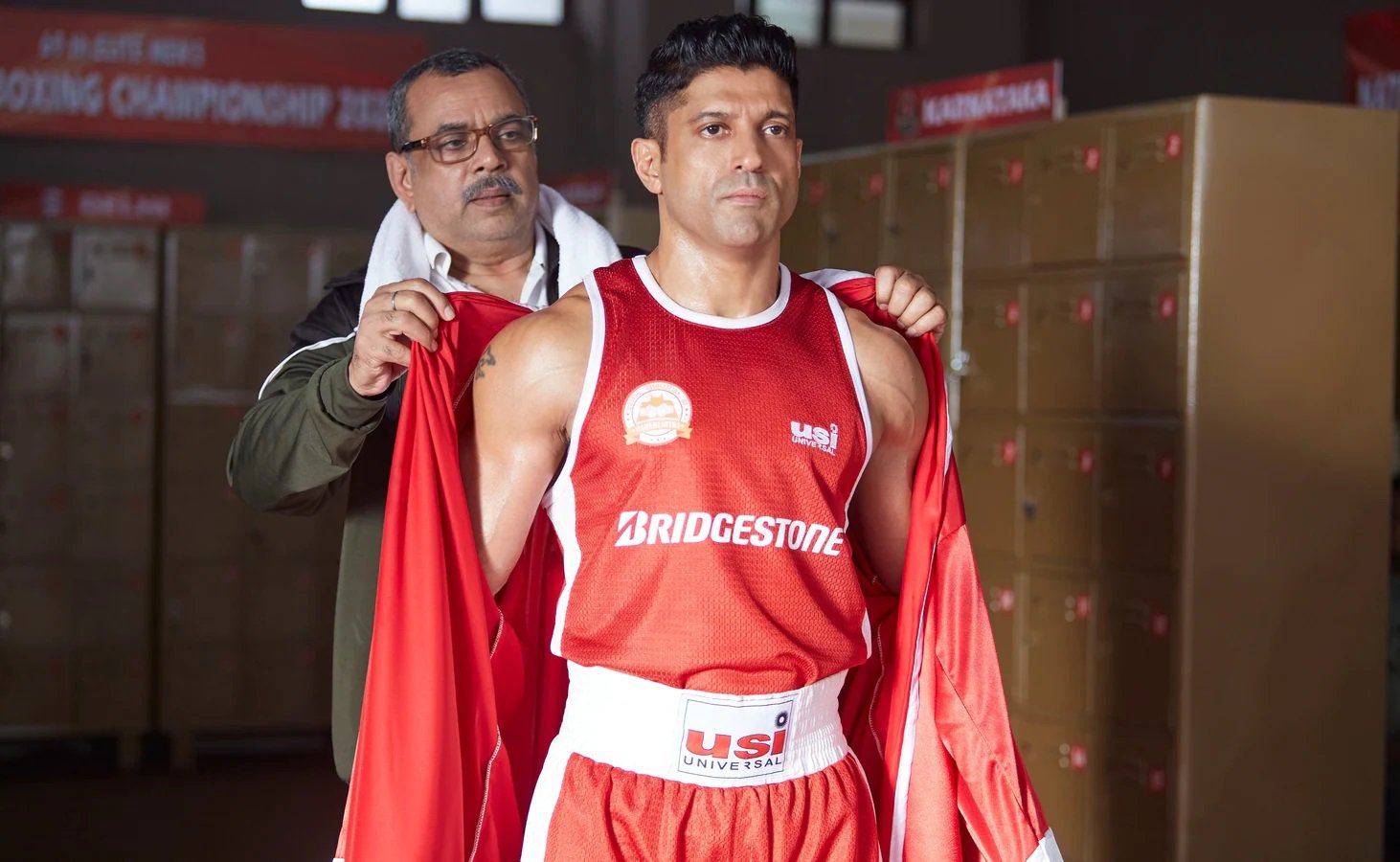
Do you know why people feel the way they do at the end of an exciting match? Obviously, because of the result, but also because of the hundreds of moments leading up to it.
If we take cricket as an example, the catches – taken and dropped, the stumpings, the running between the wicket, the banter, the toss, the national anthem, the matches preceding the one in discussion. All of it adds to the eventual and ultimate joy – or sadness.
The climax alone can never get one to feel these emotions. So how can it happen in a movie? Something that people know is scripted. They have a fair idea about not only the story but also the ending.
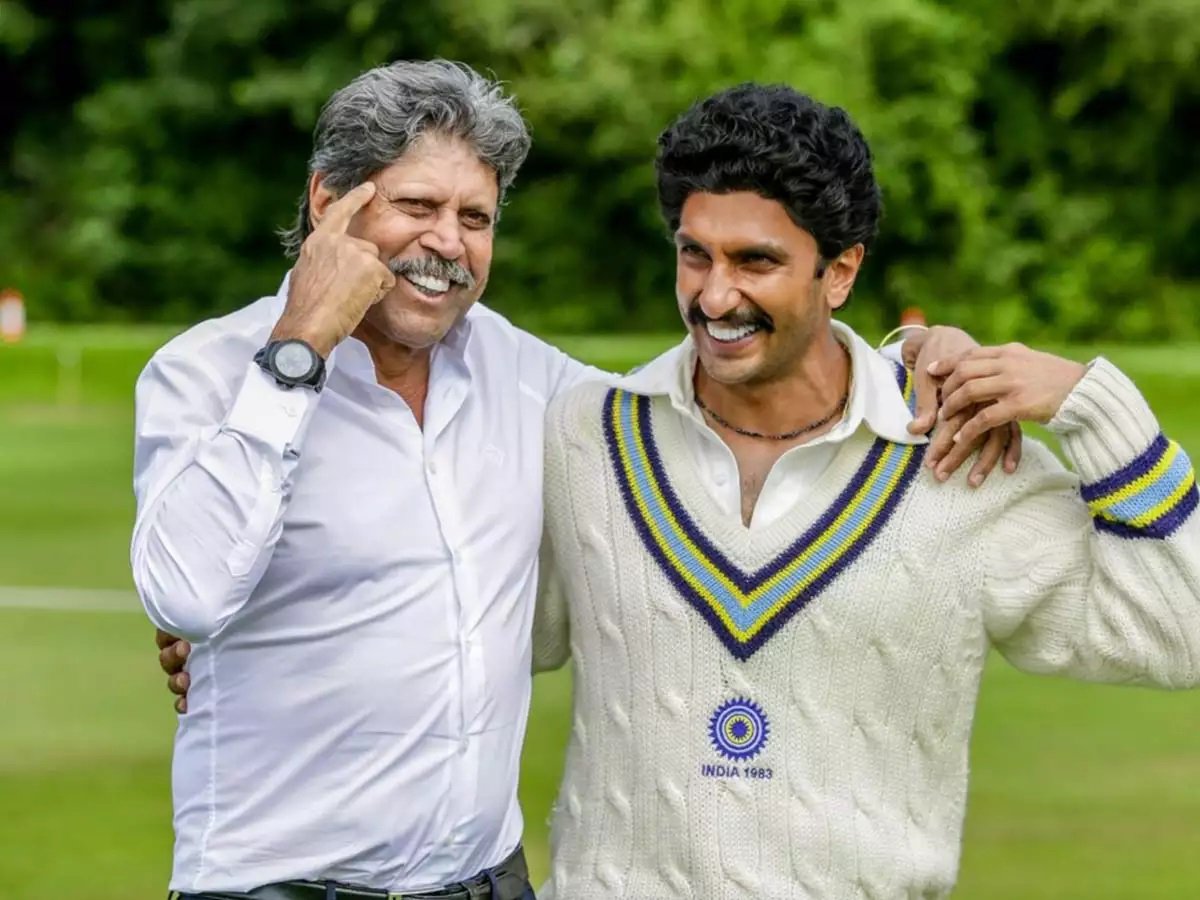
How do you then make it impactful? Certainly, the particulars of a match cannot be replicated in a movie, a form of storytelling, but that gives you the freedom to add other details.
Without creating confusion, go personal with the characters. From Chak De to Iqbal, every decent sports drama or biopic rests heavily on character development. In fact, the former managed to establish the personalities of an entire team of hockey players, plus a coach, in the first half of the first half.
That was brilliant writing by Jaideep Sahni. He made sure you know the women and the man you’re going to root for and cry with when the end credits roll.
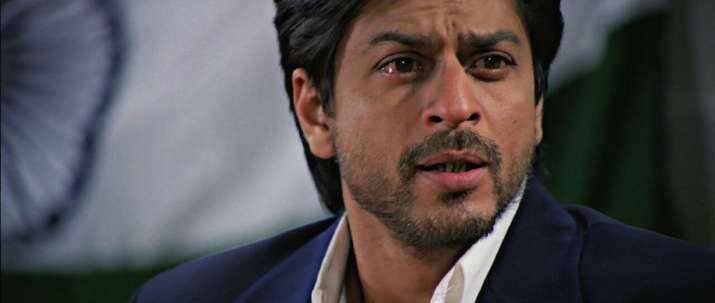
A movie that wasn’t able to do the same was 83. I came out of the cinema without having learned one new thing. Which is a shame given the fact that Kabir Khan and his team worked so hard on research.
If only they had shifted their focus to let the viewers know the World Cup winners in a way we never had the chance to.
They tried, but the attempts were scarce and feeble. The movie went from one anecdote to another, and that is probably why the most touching moments in it were the flashbacks – because those gave it the dose of sentimentality it needed.
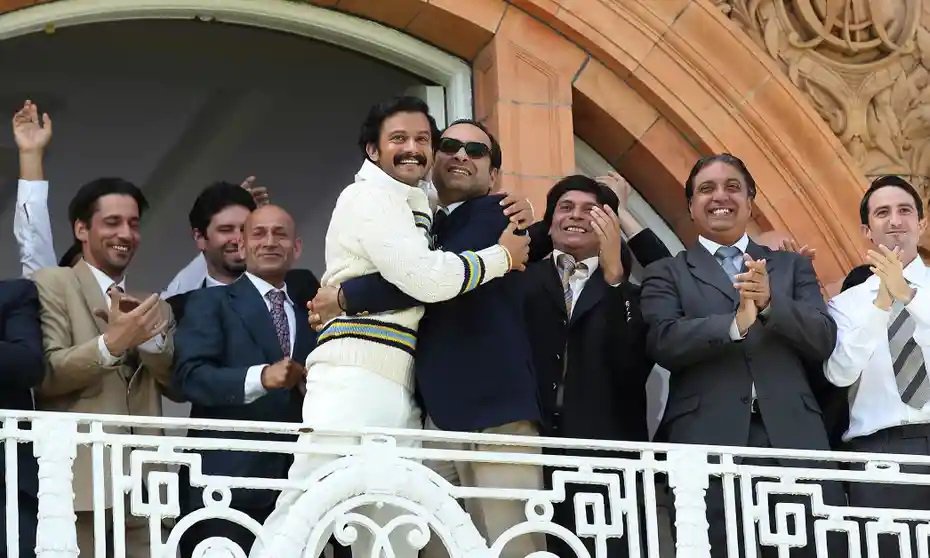
83 was not a bad movie by any standard, but I would still not call it a success. Kaun Pravin Tambe?, on the other hand, largely did what it set out to.
The recent release is not what I’d term a marvel, but it hits you where it needs to. It takes time to build the tediousness of a day job in the life of a man obsessed with the endless excitement contained within the 22 yards of a cricket pitch.
It also does a good job of showing he is not the one to complain. The fact that he can go and nudge that pitch with his bat as if shaking it a bit for some joy to spill, is enough for him.
These things are captured by small moments, fleeting glances, angry rants, and broken smiles. You see Pravin’s life as if you were a part of it.

Yes, the script wanders off in some places, but overall it is impactful. Sadly, there are not many Hindi films for which I can say the same.
Teams may not be but a sport, almost always, is exactly the sum of its parts. It’s designed that way. We are reluctant to see that sometimes, but it’s an unfailing truth. Hence, when you are making a movie about it, you can’t skip details and hope for things to add up. They won’t.




